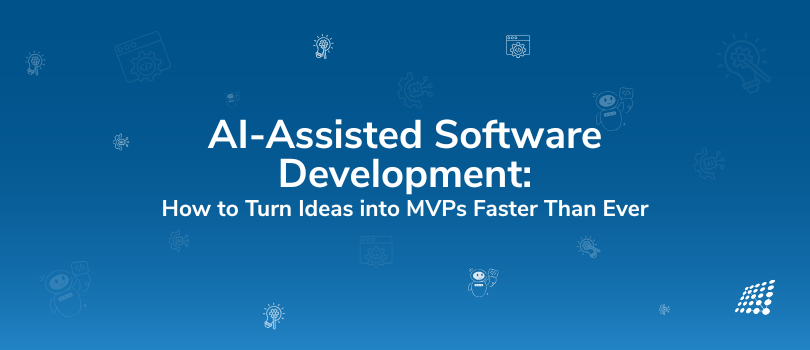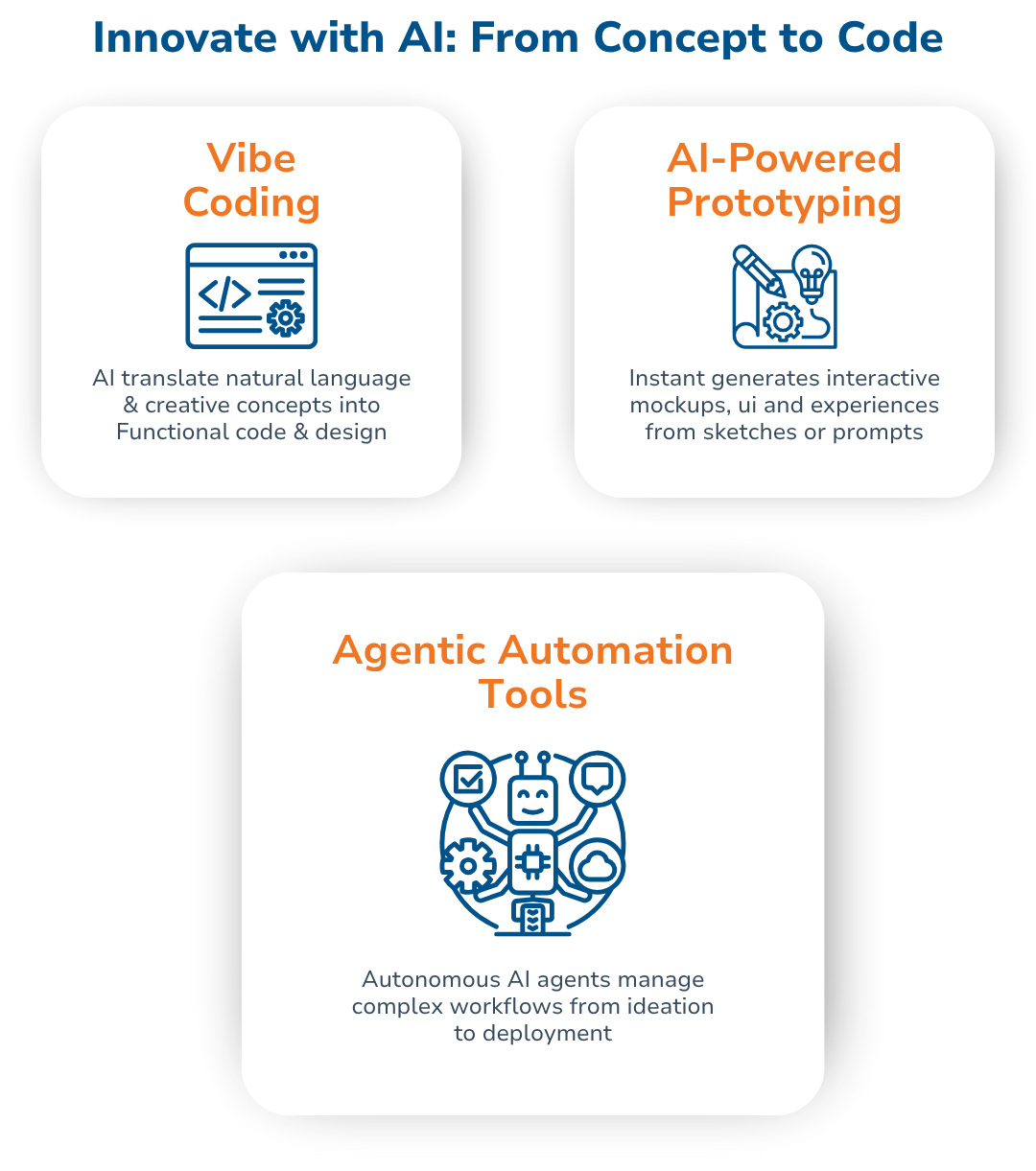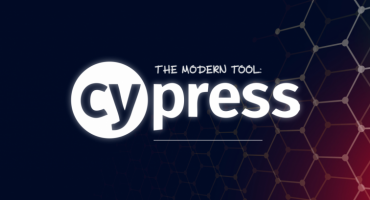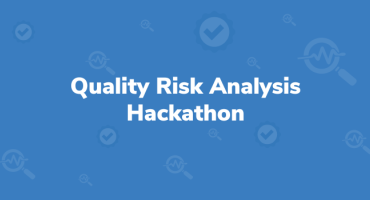AI-Assisted Software Development: How to Turn Ideas into MVPs Faster Than Ever

If you’re looking to get software products from just an idea to a minimum viable product (MVP) in the blink of an eye, you’re definitely not alone! In our fast-paced digital world, having a speedy and efficient way to do this is crucial to staying ahead of the competition. The traditional software development methods? Yeah, they can feel like trying to run a marathon in flip-flops—slow, costly, and full of roadblocks. That’s why decision-makers are on the hunt for innovative ways to speed things up without compromising on quality.
Enter AI-assisted software development! With methods like vibe coding, AI-powered prototyping, and automation tools, teams are redefining the way they build MVPs, slashing time-to-market and risk for tech leaders.
What Exactly Is AI-Assisted Software Development?
In simple terms, AI-assisted software development is all about mixing artificial intelligence tools into the software creation process. Unlike the old-school way of coding, where everything was done manually, AI now takes over a lot of the heavy lifting, like automating coding, testing, and deploying, using its powers in natural language processing, machine learning, and predictive analytics. This means developers and people who might not be super tech-savvy can team up more easily and get things done faster.
Key AI Technologies Boosting MVP Creation

- Vibe Coding: Think of vibe coding as a chill, conversational way to build software. Developers chat with AI agents to create, refine, and review code using simple prompts. It’s a smooth workflow that allows for rapid prototyping and easy adjustments. Want to tell the AI to create features or debug problems? You can do that in a conversation, which cuts down on those frustrating delays and context switching.
- AI-Powered Prototyping: Generative AI can quickly turn wireframes, design drafts, or even just a plain text description into functioning prototypes. These AI tools automate making the front-end designs or backend logic, so teams can validate their product ideas with users in no time without drowning in manual work.
- Agentic Automation Tools: These smart platforms can take care of complex software tasks, from generating code to testing and deployment, without needing someone to hold their hand constantly. They spot bottlenecks in the development process and can even suggest improvements or take action based on what’s happening in real-time.
How AI-Assisted Tools Help You Get to Market Faster and with Less Risk
- Speedy Iterations: AI tools can drive down development times by automating those tedious, repetitive tasks. Things that would typically take weeks of manual coding can now be done in mere hours or even minutes. This way, teams can quickly test beliefs and tweak product features based on actual user feedback.
- Lower Technical Debt: By continuously validating your code and design in bite-sized chunks through AI automation, teams lessen the chances of facing major headaches later on, like needing to refactor or deal with architectural mess-ups. This cuts out the costly do-overs that often push MVP launches down the line.
- Better Teamwork: Natural language and low-code AI tools let everyone, like product managers, designers, and business folks, jump into the development mix without having to be programming experts. This kind of teamwork means the MVPs created are more in line with what the market really wants.
- Mitigated Risks: Automated quality checks and AI-driven project audits help catch issues like bugs, security flaws, and functionality gaps early in the game. Plus, with agentic AI managing your integration and deployment processes, your software is much more likely to be ready to roll when you want to launch.
Real-World Benefits for Decision Makers
For decision-makers, AI-assisted software development speeds up the way you can realize business value and take away some of that uncertainty. For startups, cranking out MVPs faster boosts investor confidence and gets you into the market quicker. Larger companies find they can agilely roll out new products or digital services while keeping everything compliant and up to par. According to industry reports, companies diving into AI within their development workflows can slash development time by up to 40% and see cost savings of around 30% compared to traditional methods!
Take, for instance, a SaaS startup using vibe coding to bring their MVP to life. Instead of the usual drawn-out sprint cycles, they harnessed AI to whip up code snippets, prototype user interfaces, and automate backend processes all through day-to-day chats. The result? A fully functional MVP launched in just eight weeks with a subsequent update speed that was three times faster, thanks to ongoing AI-powered enhancements.
What Lies Ahead
As AI software tools keep getting smarter, their reach will likely expand from just MVP development to cover the full product life cycle—think customer support automation, predictive analysis of user behavior, and smart feature prioritization. For decision-makers, keeping your finger on the pulse of AI-assisted workflows is becoming not just a nice-to-have but vital to keeping your innovation game strong and relevant in the market.
Wrapping It Up
Sometimes projects stall, leaving teams frustrated and unsure of the next step. If you’re feeling stuck with your software initiative, you’re not alone. We’ve seen it all:
- Half-finished apps gathering dust
- Integrations breaking with every update
- “Simple” automations turning into daily headaches
- MVPs that never truly took off
Here’s how we do things differently:
✅ We thoroughly audit the work you’ve already done
✅ Pinpoint the real blockers holding your project back
✅ Build sustainable, scalable solutions that last
✅ And, most importantly, help you cross the finish line
Don’t abandon your project halfway through. Let’s work together to wrap it up and bring your vision to life.

THE MODERN TOOL: CYPRESS

Quality Risk Analysis Hackathon


